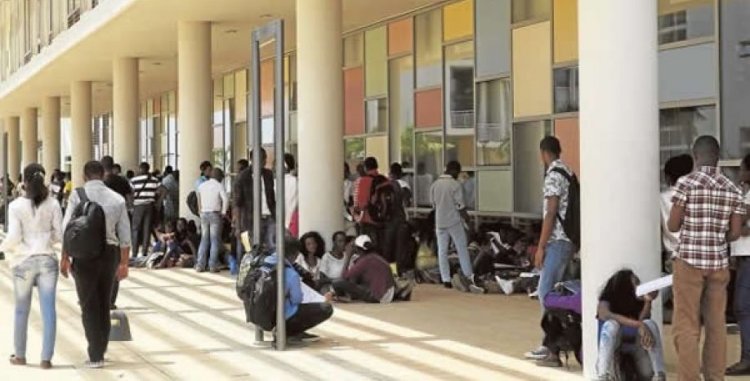In a circular, to which Lusa had access, the ministry says that the measure comes from having learned about the existence of "organizations that intend to inspect" the conditions of biosafety in institutions for the resumption of classes.
Without specifying the aforementioned organizations, the Ministry of Higher Education, Science, Technology and Innovation stated that the "verification of the creation of biosafety and physical distance conditions for returning to school should only be carried out by the competent health inspection authorities, in accordance with the law".
When justified, he added, "in the case of being a competent body for this purpose, the institution's manager must collaborate with the health inspection authorities, and must present the conditions available to him to restart the face-to-face classes".
Higher education classes in Angola were suspended last March, before President João Lourenço decreed a state of emergency, which ran from 27 March to 25 May.
According to the authorities, the resumption of classes, scheduled for July 13, is dependent on the evolution of the epidemiological situation of covid-19 in the country.
However, higher education students in Angola are skeptical about the resumption of classes, considering that the institutions "do not have biosafety material and physical structures to separate classes".
Joaquim Caiombo, president of the Association of Students of Private Universities of Angola, said, in recent statements to Lusa, believe in the goodwill of the institutions to guarantee the biosafety material.
"But, we are reticent for the fact that, even before the pandemic, there were institutions that did not guarantee hygiene material and at a time when institutions do not even have the values to pay employees," he said.
Concerns about the regular guarantee of biosafety material in educational institutions were also raised by the Angolan Students Movement, whose president, Francisco Teixeira, spoke of "some slowness by the authorities" in this area.







